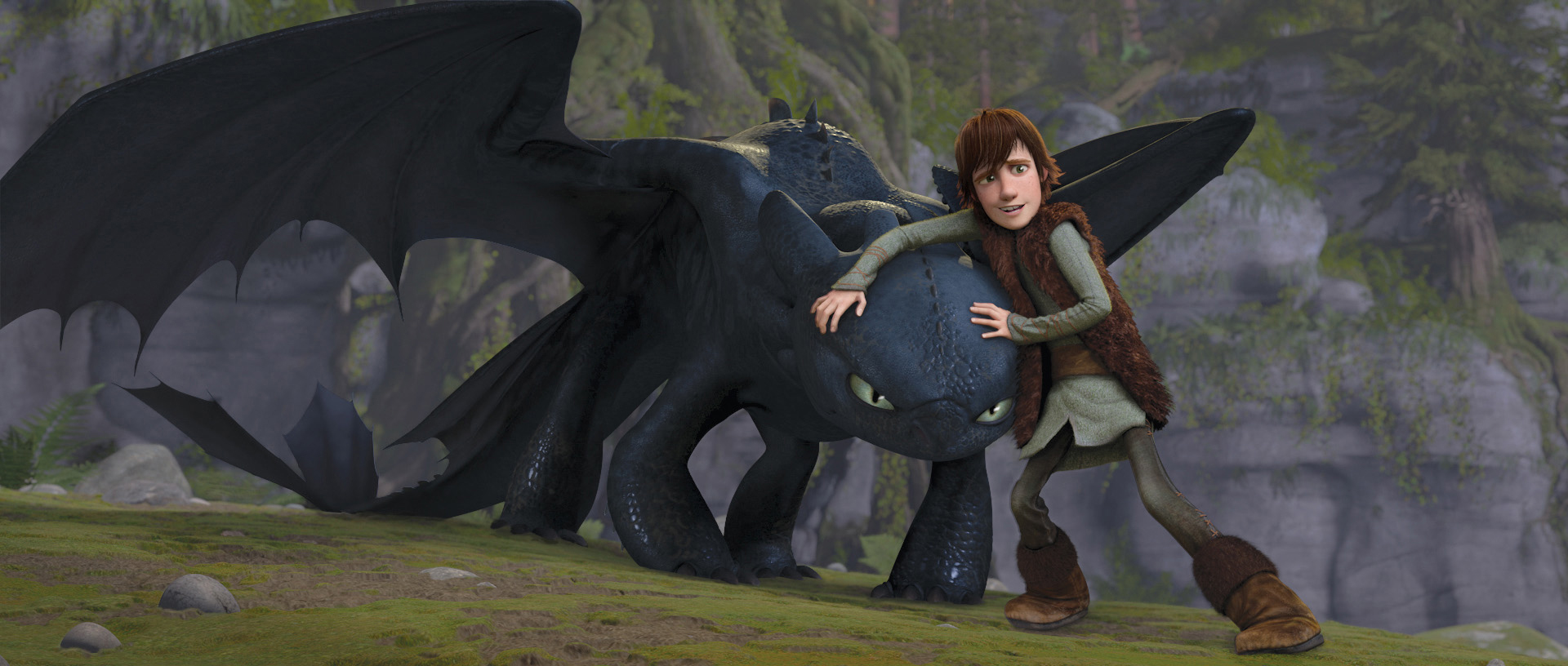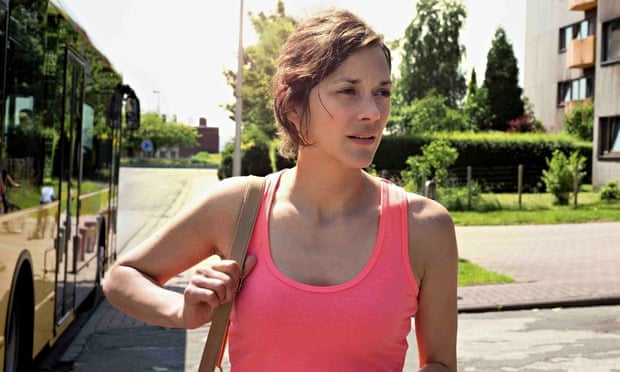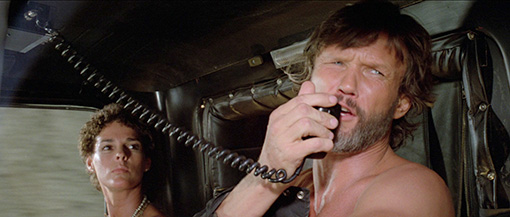Although there are a few people here who will agree with you, I just thought I'd mention that I believe that almost every one of Woody Allen's movies is better than Inherent Vice. The fact that you believe the opposite and approach your reviews accordingly makes me appreciate your reviews less than I remembered. I know you don't review movies for me, but we seemed to agree more often than not before, but now we're quite far apart, and the glee you seem to get from tearing down Woody and some others lately makes no sense to me when I read your even-handed review of, say, Patton. Well, it's probably no biggie to either of us, but it's worth mentioning. 

Midnight in Paris, on the other hand, wasted its premise with a lot of glaring flaws in its narrative and characters that ruined whatever charm it might have held. The best parts tend to make the film come across as an arthouse version of Bill and Ted's Excellent Adventure (the whole sub-plot where Wilson tries to get help with his novel from famous authors does sound an awful lot like Bill and Ted kidnapping famous people in order to do their history homework, after all). I tear down (or at least shrug off) a lot of movies in this thread - even though I technically liked Edge of Tomorrow, my review did hint at a lot of logical inconsistencies that I could have addressed if I thought they were especially glaring and sufficiently ruined the movie. The same can't really be said of Midnight in Paris.
As for Patton, well, it has the baggage of being a Best Picture winner and being a Best Picture winner hasn't stopped me from criticising the hell out of a film anyway. Patton got an even-handed review because that's what kind of film it is - a very straightforward film that presents its protagonist as he is without leaning too far towards approval or condemnation of his actions. In that same context, I'd consider Midnight in Paris an outright failure, but you can't remotely compare these two films anyway.
__________________
Iro's Top 100 Movies v3.0
I really just want you all angry and confused the whole time.








